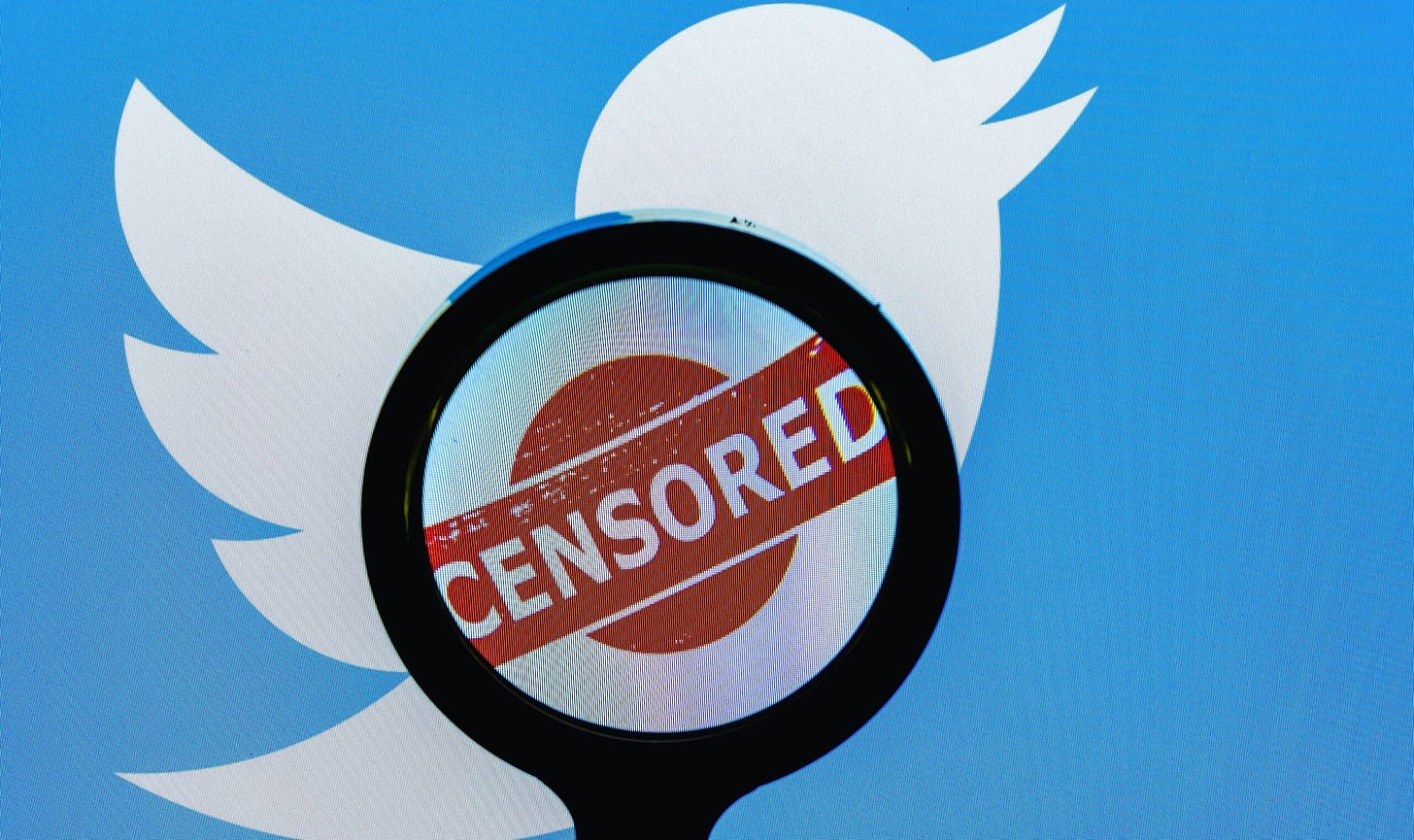Elon Musk recently granted journalists access to records of Twitter’s internal communications, leading to an avalanche of revelations about the company’s past content moderation practices—and the extent to which these were directed by the U.S. government. Perhaps not since the Snowden case has the public had such a glimpse into the U.S. Intelligence Com…
Substack is the home for great culture



